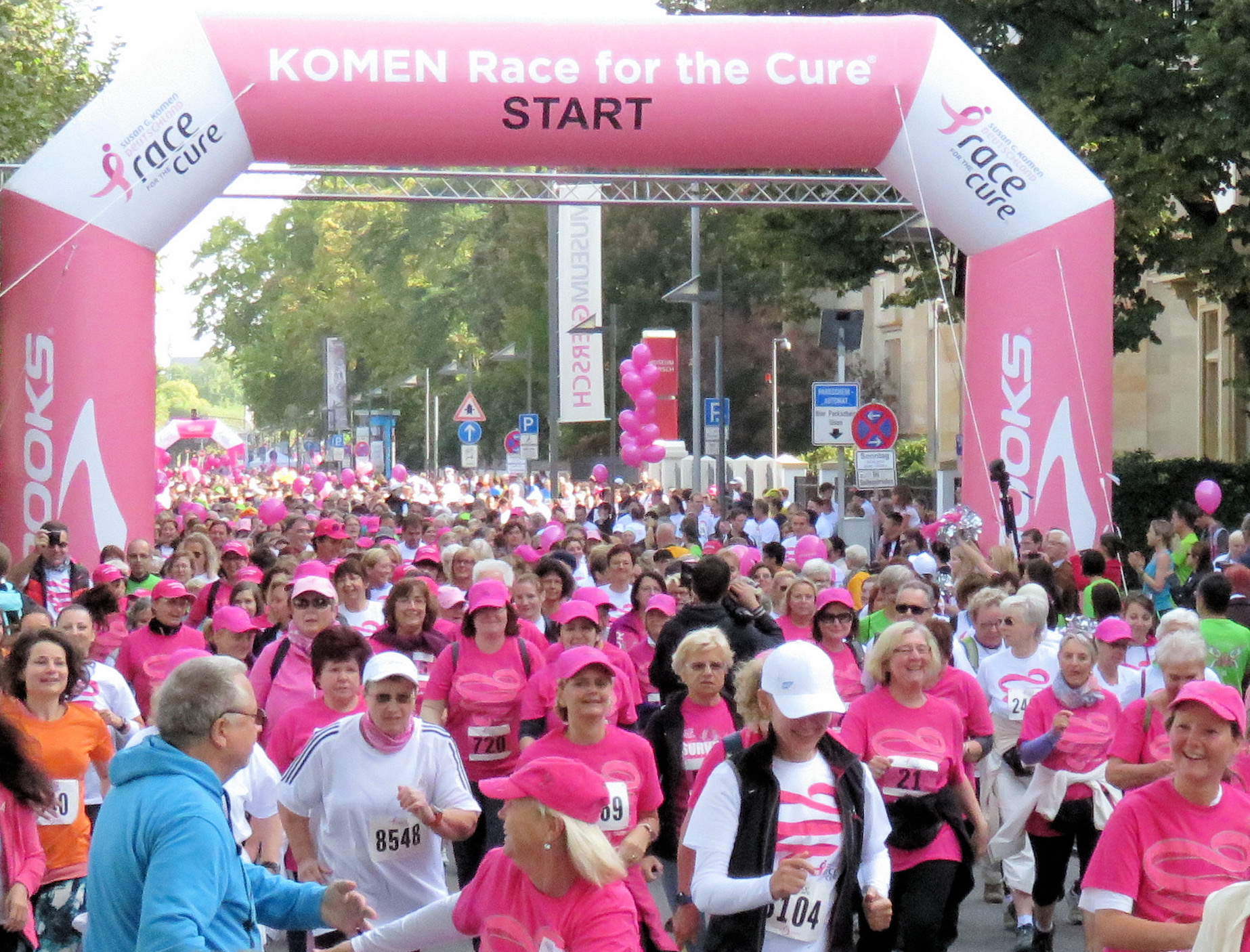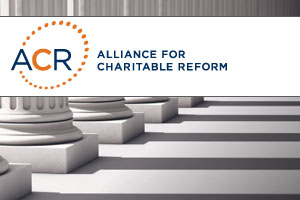The race is over in Phoenix, as Susan G. Komen Arizona will cease operations effective July 31. The organization’s Phoenix Race for the Cure event, previously set for October, has been cancelled.
“Over the last 24 years our local affiliate has proudly served the women and men in Arizona and we are so grateful to the community for their relentless support,” Jill Bray, board president of Komen Arizona, said in a statement. “Unfortunately, participation in our Race and other fundraising initiatives has declined, limiting our ability to continue to fulfill our mission locally.”
The closure of Komen Arizona, which has six employees, will mean that the national office will transition the state to its nation-wide mission and communication programs. The first concern of the transition will be ensuring that residents in need will be able to access health, Andrea Rader, senior director of communications said in an email. The plan is to utilize the national office’s Treatment Assistance Program and helpline to provide information, financial assistance, and other services.
Local organizations that were selected for Komen Arizona grants will be supported through March 31, 2018, Rader added. The support totals $419,000. Efforts are being made to engage Komen Arizona supporters and a core group has already expressed an interest in helping raise funds and otherwise stay engaged with community work in the state, according to Rader.
“Over the next few months, we’ll be working with the affiliate and with local donors and grantees to make sure that Komen is working for women and men in Arizona even if we don’t have a brick-and-mortar office there,” she said. In 2016, Komen Arizona helped fund education for 177,838 individuals, 50,695 mammograms, 8,746 diagnostic procedure, and breast cancer treatment for 7,086 women, according to an organization release.
Dwindling race participation, cited by Bray as part of the reason for the affiliate’s closure, has been a persistent problem for the organization, which cut the number of events in 2013 and has sought to improve turnout with promotions such as “Bring Your Bestie” launched in 2016.
Still, the organization, as a group, has seen declining revenues since 2010 — going from $182.9 million to $178.0 million in 2011, $148.5 million in 2012, $129.2 million in 2013, $121.3 million in 2014, and $103.8 million in 2015, according to Form 990s.
For Komen Arizona, participation for Phoenix event was 7,500 last year — about a quarter of the turnout seen in years prior. Rader said that Komen Arizona was projecting further declines in participation for the upcoming race based on year-over-year trends and local fundraising indicators. No single cause has led to such decline, she said, citing a combination of factors including increasingly competitive nonprofit and event marketplaces and changes in lifestyle and fundraising culture.
Rader said that, while each Komen event is determinable on a variety of local factors, there is belief within the organization that adjustments made to the series in recent years to encourage participants to fundraise have been beneficial. “We will continue to evaluate how we can improve the event experience for our supporters to help us fuel our mission,” said Rader.











